#Technology #TechnologyTrends
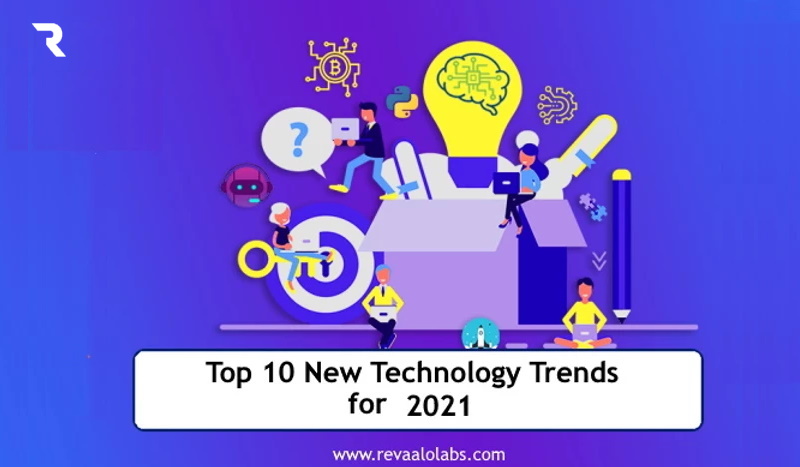
The world of Information Technology is very dynamic and always remains in a state of constant flux. Now, as an IT professional it has become very essential to keep yourself updated with the ever-evolving latest technologies in software industry as well as the market trends.
Technology is something; which has expanded its roots in all the sectors, verticals and environments of our lives. If you are thinking that current trends in technology are going to affect only the large industries and enterprises then you need to think again.
Here is the list of top latest technology trends in 2021 that will be buzzing all around the world in the years to come.
Artificial Intelligence (AI Security)
AI is now part of everyday life, driven by the emergence of a device ecosystem including Alexa, Siri, and Google Assistant. In 2020, emotion recognition and computer vision will scale and AI will have a breakout moment in manufacturing. Artificial Intelligence is not a single technology; instead, it is a group of technologies like machine learning, natural language processing, expert systems and many more.
AI has made it easy for machines to respond as human beings and this has made AI an essential part of our everyday life. As per the latest report by IDC, the annual growth rate of global expenditure on AI will reach to %57.6 billion till 2021. This is enough to explain how much companies are investing in the AI tools.
Blockchain
This super-secure method of storing, authenticating, and protecting data could revolutionize many aspects of business – particularly when it comes to facilitating trusted transactions.
In the coming days, the application of Blockchain can be perceptible in supply chain operations, asset management process, insurance claim processing, money lending platforms, IoT devices, healthcare management, federal document processing, public organizations and so on.
5G Network Technology
One of the most awaited technologies that are going to disrupt every business sector is the 5G network. Promising unmatched mobile internet connectivity with 20 times faster data exchange than the current network, 5G is expected to make a lot of wonders across all walkways of life.
“5G wireless networks will support 1,000-fold gains in capacity, connections for at least 100 billion devices and a 10 GB/s individual user experience of extremely low latency and response times, as stated by Huawei. “Deployment of these networks will emerge between 2020 and 2030.”
Cloud Computing
Cloud computing has introduced an emerging infrastructure model to enable omnipresent access to sharable networks, storage, applications, and servers. With benefits like scalability, ease of installation and low maintenance cloud computing is invading our daily life scenarios as well. The recent report by statista, by 2020 the cloud market for the public will expand to a size of USD 159.128 billion.
The cognitive cloud is a new technology trend and one of the latest technologies in the software industry which makes sense of an increasingly interconnected and amazingly complex world. The result, imagine a business that is sourcing all available data, generating all possible actions and insights while learning continuously and it is called a cognitive business.
Robots
Robotics are shifting from industrial use to service delivery and are impacting home and businesses, both physically and virtually.
We have come a long way with robots from toys to humanoid robots like Sophia. Countries like Japan and China have robots that can serve coffee and food to customers. Probably the biggest change that is affecting our businesses is how machines are taking over tasks ranging from window cleaning to inventory management. Anyone with a transaction based job or business will be having a forced career change before the end of the decade.
Internet Of Things
The number of devices connecting to the internet is phenomenally increasing by the day. It is expected that over 29 billion devices will be connected to the internet by 2022, out of which over 18 billion would be IoT devices.
The Internet of Things is the future and has already enabled devices, home appliances, cars, and much more to be connected to and exchange data over the Internet. IoT has increased the efficiency and effectiveness of work and has decreased the risk of human error. The swift growth of IoT is predicting a unique prospect of digital living.
Edge Computing
When we just started to make sense of cloud computing, the industry threw another term at us “edge computing”. Edge computing can be thought of as a more efficient form of cloud computing. It is mainly targeted towards IoT devices.
This branch of IT will have a big impact on the Internet of Things (IoT) by making it possible for data generated by devices to be processed locally, without it needing to be uploaded to the cloud or sent to an external data centre.
Augmented Reality and Virtual Reality
Augmented reality (AR) and virtual reality (VR) technologies increasingly empower mainstream applications and customer experiences. They have begun to make their leap from nascent technologies to comprehensive solutions that enable and empower many mainstream consumer and enterprise applications, customer experiences, and various industry workflows.
Both VR and AR have enormous potential in training, entertainment, education, marketing, and even rehabilitation after an injury. Either could be used to train doctors to do surgery, offer museum-goers a deeper experience, enhance theme parks, or even enhance marketing.
Quantum computing
Quantum computers – unimaginably fast computers capable of solving seemingly unsolvable problems – will make our current state-of-the-art technology look like something out of the Stone Age. As yet, work in quantum computing is largely restricted to labs, but we could see the first commercially available quantum computer this decade.
Big Data
Big Data refers to the exponential growth in the amount of data being created in our world. Thanks to augmented analytics (highly advanced data analytics, often fueled by AI techniques), we can now make sense of and work with enormously complex and varied streams of data.
To quickly understand the power of Big Data, realize that Netflix saved close to $1bn by using Big Data for customer retention. Companies have also increased their profits by 8-10% with its implementation. Some of the aspects where Big Data is applied include
I hope this was informative enough to get you started in 2021.
Connect with Revaalo labs your one stop solution for Digital Transformation needs.
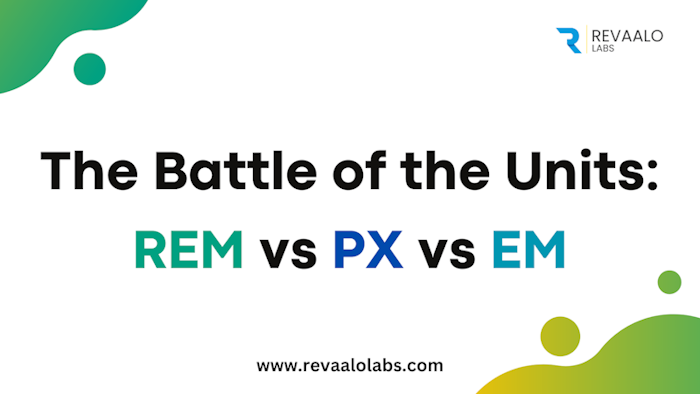
One of the most critical decisions website developers must make is deciding what unit of measurement to use when sizing elements, fonts, and other design properties.
Read more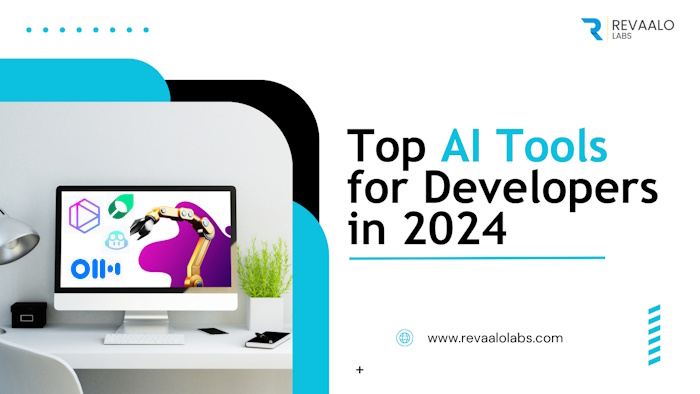
It`s an amazing technology-one that will help us solve society`s toughest problems and reshape the world.
Read more13
December
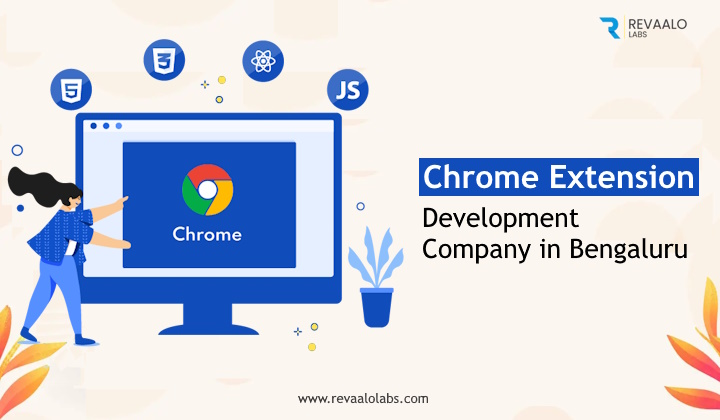
Today, web browsers play a significant role in our lives, providing us with access to a world of information and possibilities.
Read more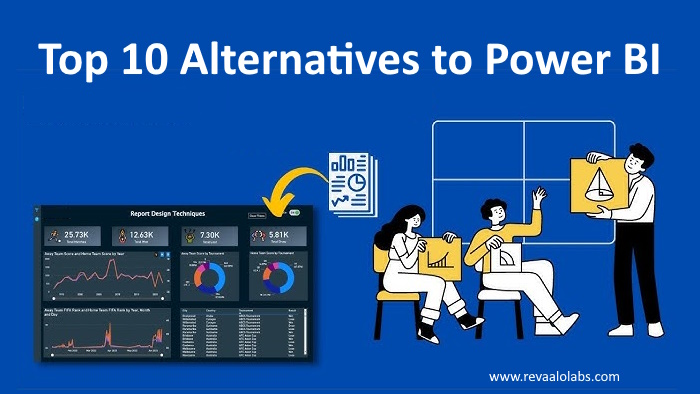
Power BI is a popular business intelligence tool developed by Microsoft for data visualization and analysis. While Power BI is a robust solution, there are several alternatives available that cater to different needs and preferences.
Read more09
October
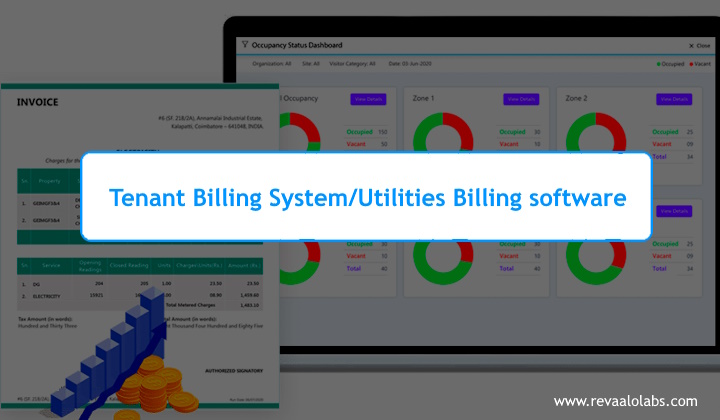
Tenant billing systems are software solutions used by property owners, managers, and landlords to accurately bill tenants for their usage of utilities and services.
Read more